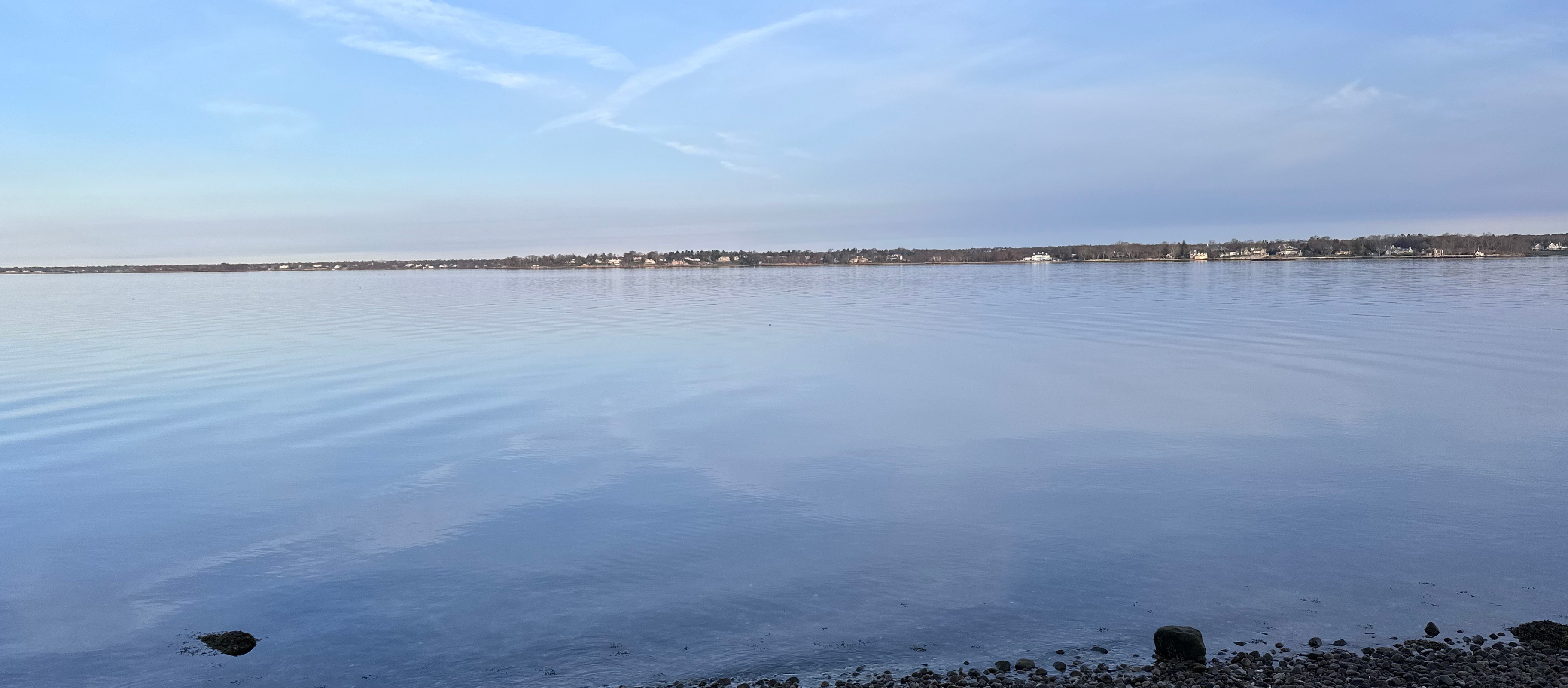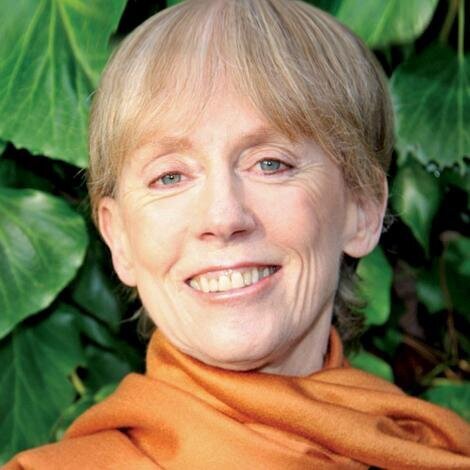Setting Limits as an Act of Love: The Power of Saying No
My AA sponsor once told me, “You can have anything you want, but not everything.” To be honest, it took me a while to understand exactly what she meant. But once I began to understand it, I realized that it applies to almost everything. Most importantly, it underlines how crucial it is to set limits and say no. It underlines that in fact, saying no is an act of love and honesty towards others and ourselves.
When our default answer is yes, we permit everything, even though we know that no one can be happy having and doing everything. All the stuff, the activities, and everything else we think we need more of won’t make the days longer or better in the end.
It might seem counterintuitive, but the more we have and do, the more we run ourselves ragged. The joy that we think would come from having everything would only be possible if we had infinite time here on earth. But we don’t, so we have to pick and choose where to set our limits. We choose where to say no, and in doing so, we craft our lives in a way that best serves us.
If we learn to say yes to everything from a young age, we open up the gates to self-regulation issues, difficulty with boundaries, and so much more. This can result in an inability to feel safe. Having no boundaries or limits manifests as anxiety and fear in children because their sense of safety is compromised in that uncertainty.
I Say Yes, When I Mean No
And the wrinkle grows.
A Lesson from Yoga Camp: the Confusion of Non-Existent Boundaries
When my kids were little, we used to go to a little hole-in-the-wall yoga camp at an ashram in upstate New York. It had such great loving energy. The camp leader, our teacher, was kind and taught the children wonderful things. She also brought her own daughter to camp.
The teacher’s daughter was about 3 or 4 years old, the first time we attended the camp, the same age as my younger daughter. At that age, it can be difficult to share your mother’s attention with other children. The yoga teacher’s daughter ended up being the most difficult of all the children at camp. She just wasn’t able to sit down and pay attention.
What surprised the other parents and me was that her mother never reprimanded her. Instead, with visible frustration mounting, she would repeatedly say in a constrained voice, “Honey dear, please sit down and be quiet.” It was strange to watch because the little girl was so difficult, but she was never actually told she was doing anything wrong. We could hear the anger in the mother’s voice, but still, she only used sweet words and never really put her foot down.
In Yoga, everything is part of love and of the divine - even a strong NO!
As the teacher, it was understandable that she most likely felt that it wouldn’t be appropriate for her to use firm language in front of us. Nonetheless, in yoga, everything is considered to be part of God: one manifestation of the Divine. Everything comes from love. This means that even the energy of “no” is part of that Divinity. Lessons from the Universe come in many forms, and often they include using strong language to provide secure boundaries and limits for our children.
If the teacher had been firmer and clearer about what type of behavior was acceptable at camp, her daughter might have enjoyed it more. We have to strike a balance between yes and no. It can’t be all one or the other.
Understanding boundaries and cultivating self-discipline
Teaching “no” and the reasoning behind it opens the gates for understanding one’s boundaries and cultivating self-discipline. Setting boundaries for your kids and encouraging them to learn how to set boundaries for themselves sets the stage for a lifetime of healthy relationships and healthy decisions.
Modeling self-discipline to your kids is equally important in this process. From you, your children learn that it’s possible to protect yourself and your energy by saying no to unkind people and situations that don’t serve them.
The reverse situation is also critical. Learning to accept a no teaches respect for others. Teaching our children to respect others’ boundaries mirrors healthy respect for their own boundaries back to them.
It's easier to say yes
Saying no can be hard. In our society, it’s typically easier to say yes. We are wired to shy away from upsetting someone or not agreeing with something. This begins at a young age when we learn to fear upsetting our parents. But we can learn to work through this. Practicing saying no and starting small, like at home with someone we love, will help us regain our self-respect and respect for the boundaries of others.
We take care of ourselves by setting limits on many of the available things to use in this day and age. We take care of ourselves by saying no to the many things that are asked of us. A life without these boundaries can’t provide true satisfaction because it will inevitably lead to burnout and self-abandonment.
The unwavering truth is that when we agree to any demand, request, or
condition that is contrary to our soul’s nature, the cost is that precious
life force is drained off our core.
– The Book of Awakening by Mark Nepo – page 18
Saying No is an Act of Love
To this day (though it happens much less often than it used to), I occasionally go along with things simply because it’s easier that way, and I don’t want to upset anyone. Those are the times when I get angry with myself because I know I’m betraying my inner voice. The times when I say no and stand up for myself by putting my self-care first, I gain self-confidence and self-respect.
Ultimately, setting limits and boundaries by saying no is an act of love. We can choose to say it out of love for ourselves and others. We can also decide that hearing no from others and accepting their limits is a form of love, too. Sometimes, saying no to some of the enticing pleasures of life, even if it’s the more challenging road, comes from a place of love. Saying no is the highest form of self-care.
How do we show our children that it's ok to make us mad and that we still love them?
When it comes to parenting, ask yourself, how can I do my best to give my children the space and self-confidence to discover their true inner selves? Navigating life with no boundaries and fear of upsetting others hinders this evolution towards their higher selves. As parents, if we undermine any and all disagreements with our kids when they are little, they’ll learn never to say no or disagree with anybody.
Allow for “no” just as much as you allow for “yes.” They are equally important. Having a choice between the two builds integrity, which is crucial for inner joy and a balanced life. If you don’t present your kids with this choice, you may end up with children who don’t know how to make their own decisions or who rebel and say no to everything just to spite you. In my opinion, you have to let your kids get angry with you sometimes and put their foot down for the sake of their integrity.
As a parent we work towards making sense
I’ve explained to my children why I set the limits I do many times. As a result, they’ve grown to understand the difference between healthy foods versus junk food, productive use of electronics versus wasted time, and safe ways to conduct themselves outside in public spaces. To them, hearing no when it comes to these areas of life doesn’t signal to them that I don’t love them. Instead, it’s a way of communicating that I want them to be safe and healthy. They understand that limits are the way I protect them. Of course, there are many times they don’t like hearing no, and might even throw a tantrum or get upset with me. But I know that on a deep level, it makes sense to them. They understand that this is the way life works.
Limits are not dams to your love. They are ways to safeguard that which is beloved. By saying no for ourselves, we protect our own souls. By saying no to pave the way for our children and respecting their boundaries, we cherish their souls.







